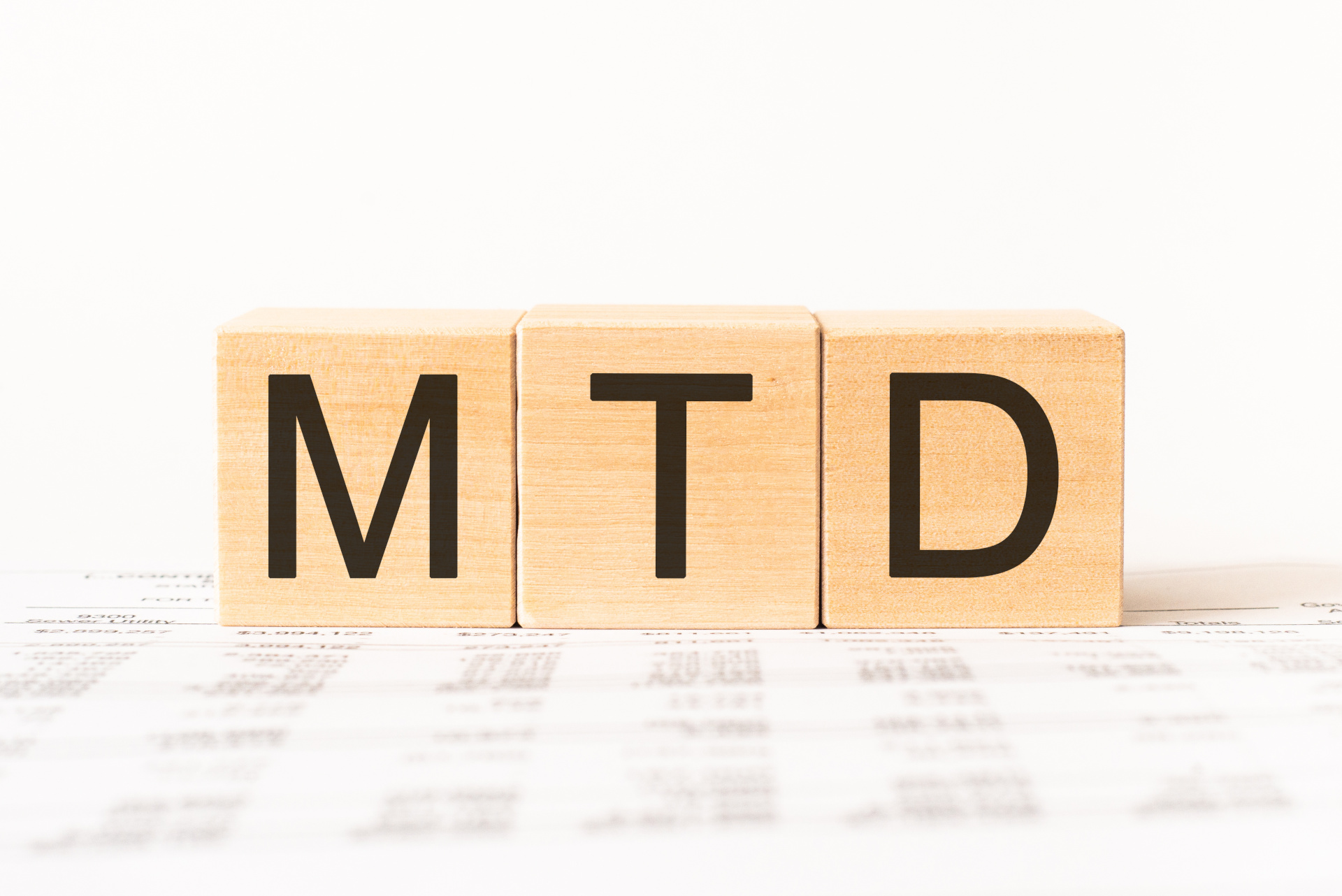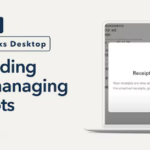15 min read
MTD for Income Tax for Self-Assessment (ITSA) will replace the annual Self-Assessment tax return.
Instead, you’ll need to use MTD-compatible software to keep digital records and submit updates at least every three months to HMRC.
MTD for Income Tax is set to roll out from April 2024 and will cover all unincorporated businesses and landlords for Self Assessment with annual income over £10,000.
The government aims to increase the accuracy with the MTD ITSA system to ‘close the tax gap’.
The tax gap is the £8.5 billion annual tax deficit that the government believes exists between the tax that should be paid and the tax collected on time.
The scheme is called Making Tax Digital for Income Tax Self Assessment, or MTD for ITSA.
You can learn more about the overall Making Tax Digital initiative on the government’s website.
So, what exactly is it, then?
MTD is the term for the plan to require all businesses eventually to do away with paper bookkeeping.
MTD will require businesses to keep their records digitally and submit those directly via compliant software to HMRC.
Requirements of MTD for ITSA
Under MTD for ITSA, sole trade businesses and landlords will need to keep and maintain digital records and use MTD-compatible software to manage, track and send updates to HMRC.
They’ll be required to send HMRC quarterly summary updates of their business income and expenditure.
After the fourth quarter, an End Of Period Statement will need to finalise each business income source.
A Final Declaration will also need to include other taxable income sources, such as savings and investment income.
Here’s a quick look at how these changes compare to current rules:
Before April 2024:
- One annual submission
- Paper filings by 31st Oct
- Online filings by 31st Jan
- Fine to keep paper records
After April 2024:
- Four quarterly submissions per business
- One annual End Period Statement per business
- One annual ‘Final Declaration’ submission per individual
- Filing via MTD-compliant software
How to best prepare your business for MTD for ITSA
As a bare minimum, you must now open a business bank account.
It will not be possible to meet the MTD ITSA requirements by continuing to trade out of a personal current account.
We have an extensive guide on business banking, which you can find here.
Secondly, you will need to source MTD-compliant software.
What software can I use for Making Tax Digital for Income Tax for Self-Assessment?
Digitally linked record-keeping. This gives Making Tax Digital its name, and it’s crucial to understand the requirements, as you can’t sign up for MTD without the right software.
Making Tax Digital rules require that all data be “digitally linked.”
Doing this ensures a clear digital trail from your initial data recording all the way to your reports.
There are two ways to comply with this requirement:
- Use functional compatible software to record and report your data in an HMRC-approved form
- Use bridging software to link your accounts and data to HMRC-approved software
Functional compatible software
Functional-compatible software is HMRC’s term for software compatible with Making Tax Digital.
Using functional compatible software from the outset is the easier and safer way to comply with Making Tax Digital for Income Tax regulations.
This includes software like QuickBooks, which allows you to keep your income and expenses in HMRC-approved digital form.
We recommend QuickBooks over the competitors as it includes a mileage tracker and several other features that its competitors don’t.
We have partnered with QuickBooks to offer hugely discounted QuickBooks Licenses to our clients.
We also have an additional option to include our MTD-ready QB automation package, which will take care of 90% of your admin and help reduce your overall costs.
The MTD changes are expected to cost all taxpayers approximately £400-£500 in accounting software fees and additional accountants fees.
We will be striving to keep our fees to a competitive minimum.
Thanks to our partnership with QuickBooks, we can offer discounts of up to £150 Annually, depending on your business’s requirements.
The Quickbooks essentials package, which is recommended to meet the requirements of 90% of all clients, currently retails at £240, and this is expected to rise once MTD becomes a legal requirement.
Once you’re signed up for MTD, QuickBooks will automatically generate and send quarterly reports and end-of-period statements.
The government has said that it expects some free software to be available for limited circumstances before MTD for Income Tax is mandated in April 2024. Although it’s yet to be seen how easy that is to use and how efficient it is.
Plus, buying MTD-compatible software to keep digital records is considered a legitimate business expense.





